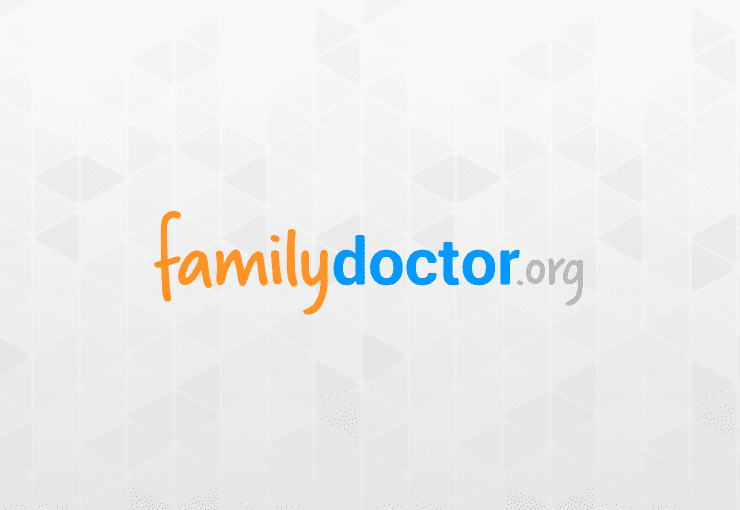Follow this chart for more information about pain, itching or blood with a bowel movement.
American Academy of Family Physicians.
American Academy of Family Physicians.
Elimination Problems or Constipation
Step 1
Selecting A Symptom
- Abdominal Pain (Stomach Pain), Long-term
- Abdominal Pain (Stomach Pain), Short-term
- Ankle Problems
- Breast Problems in Men
- Breast Problems in Women
- Chest Pain in Infants and Children
- Chest Pain, Acute
- Chest Pain, Chronic
- Cold and Flu
- Cough
- Diarrhea
- Ear Problems
- Elimination Problems or Constipation
- Elimination Problems or Constipation in Infants and Children
- Eye Problems
- Facial Swelling
- Feeding Problems in Infants and Children
- Fever
- Fever in Infants and Children
- Foot Problems
- Genital Problems in Infants (Female)
- Genital Problems in Infants (Male)
- Genital Problems in Men
- Genital Problems in Women
- Hair Loss
- Hand/Wrist/Arm Problems
- Headaches
- Hearing Problems
- Hip Problems
- Knee Problems
- Leg Problems
- Lower Back Pain
- Menstrual Cycle Problems
- Mouth Problems
- Mouth Problems in Infants and Children
- Nausea and Vomiting
- Nausea and Vomiting in Infants and Children
- Neck Pain
- Neck Swelling
- Shortness of Breath
- Shortness of Breath in Infants and Children
- Shoulder Problems
- Skin Rashes & Other Skin Problems
- Throat Problems
- Tooth Problems
- Urination Problems
Step 2
Answering Questions
Is the affected person an infant (under 1 year) or a child?
Do you have pain or discomfort with your bowel movements?
Do you have blood on, or mucous in, your bowel movements?
Do you have to strain when you have a bowel movement, and are your stools hard and dry? Do you often feel bloated and have longer periods of time between bowel movements?
Do you have a fever, chills, and intense pain near the anus even when you’re not having a bowel movement?
Is there itching when you have a bowel movement?
Do you have a small reddish mass of tissue sticking out of your anus?
Is there occasional bright red blood in your stools, and do you have 1 or more small lumps near the rectum?
Do you have itching around your rectum even when you’re not having a bowel movement?
Are your bowel movements gray or whitish?
Do you have problems moving your bowels without a laxative or enema?
Step 3
Possible Causes
- See Elimination Problems or Constipation in Infants and Children
Diagnosis
You may have CONSTIPATION, or developed HEMORRHOIDS or an ANAL FISSURE.
Self Care
Increase the fiber and water intake in your daily diet. If this does not improve your symptoms, or if the pain is sharp and/or continuous, is associated with blood on the stool or in the toilet bowl, see your doctor. You can also consider over-the-counter hemorrhoid wipes or creams.
Diagnosis
The blood may be from internal HEMORRHOIDS. Internal HEMORRHOIDS usually don’t cause any discomfort. RECTAL CANCER is another possibility, especially if you’re over 40 years. Other signs of RECTAL CANCER may include changes in the shape of your stools (pencil-like diameter).
Self Care
See your doctor. HEMORRHOIDS are often treated with over-the-counter creams or suppositories. Soaking in warm water may also help relieve any discomfort. Your doctor will likely consider imaging if he/she is concerned about CANCER.
Diagnosis
CONSTIPATION can cause these symptoms.
Self Care
Add more fiber to your diet, and drink lots of water. Over-the-counter bulk-forming laxatives may also help relieve constipation. Check the side effect lists on any medicines you are taking to see if they could be causing CONSTIPATION.
Diagnosis
You may have a PERIRECTAL ABSCESS, an infected area near the anus.
Self Care
See your doctor.
Diagnosis
You may have HEMORRHOIDS.
Self Care
See your doctor, especially if you notice blood in your stool or in the toilet bowl after bowel movements. You can also consider over-the-counter hemorrhoid wipes or creams.
Diagnosis
You may have a RECTAL PROLAPSE. People who have this condition may feel like they can’t completely empty their bowels. They may also pass very small stools or be unable to control their bowel movements.
Self Care
See your doctor.
Diagnosis
You may have HEMORRHOIDS. If the lump is painful to the touch or throbbing in nature, it may be a THROMBOSED HEMORRHOID.
Self Care
For general HEMORRHOIDS use an over-the-counter hemorrhoidal cream or suppository and soaking the area in warm water may help relieve the pain and itching. If there’s no improvement in 1 to 2 weeks, or if the bleeding continues, see your doctor.
For THROMBOSED HEMORRHOID, if you have acute pain that won’t stop, see your doctor or go to the emergency room.
Diagnosis
Rectal itching may be a sign of a YEAST INFECTION, ALLERGY to specific products in toilet paper, or PINWORMS (especially if itching is only present in the morning).
Self Care
Nonprescription, antifungal medications are for a YEAST INFECTION and antiparasitic medications are for PINWORMS. If you think an allergy is your problem, try using white, unscented toilet paper. See your doctor if your symptoms don’t improve.
Diagnosis
You may have a BLOCKAGE in or near your gallbladder, or you may have LIVER DISEASE or an infection like HEPATITIS.
Self Care
See your doctor right away.
Diagnosis
CONSTIPATION, along with overuse of laxatives can cause dependence on them.
Self Care
Avoid using laxatives. Instead, try adding more fiber to your diet, and drink lots of water. Keep in mind that it isn’t necessary to have a bowel movement every day. A normal range is 3 times a day to 2 times a week.
Self Care
For more information, please talk to your doctor. If you think your problem is serious, call your doctor right away.








